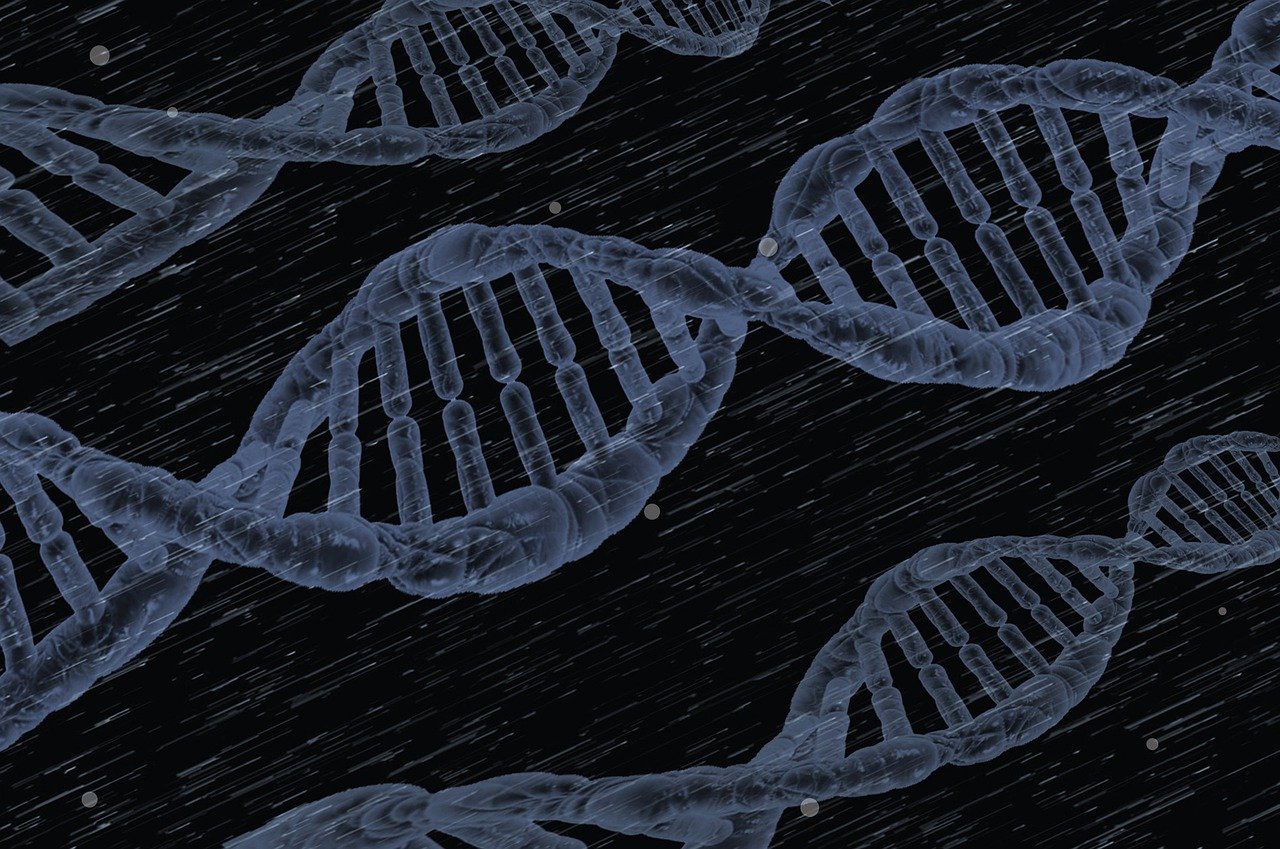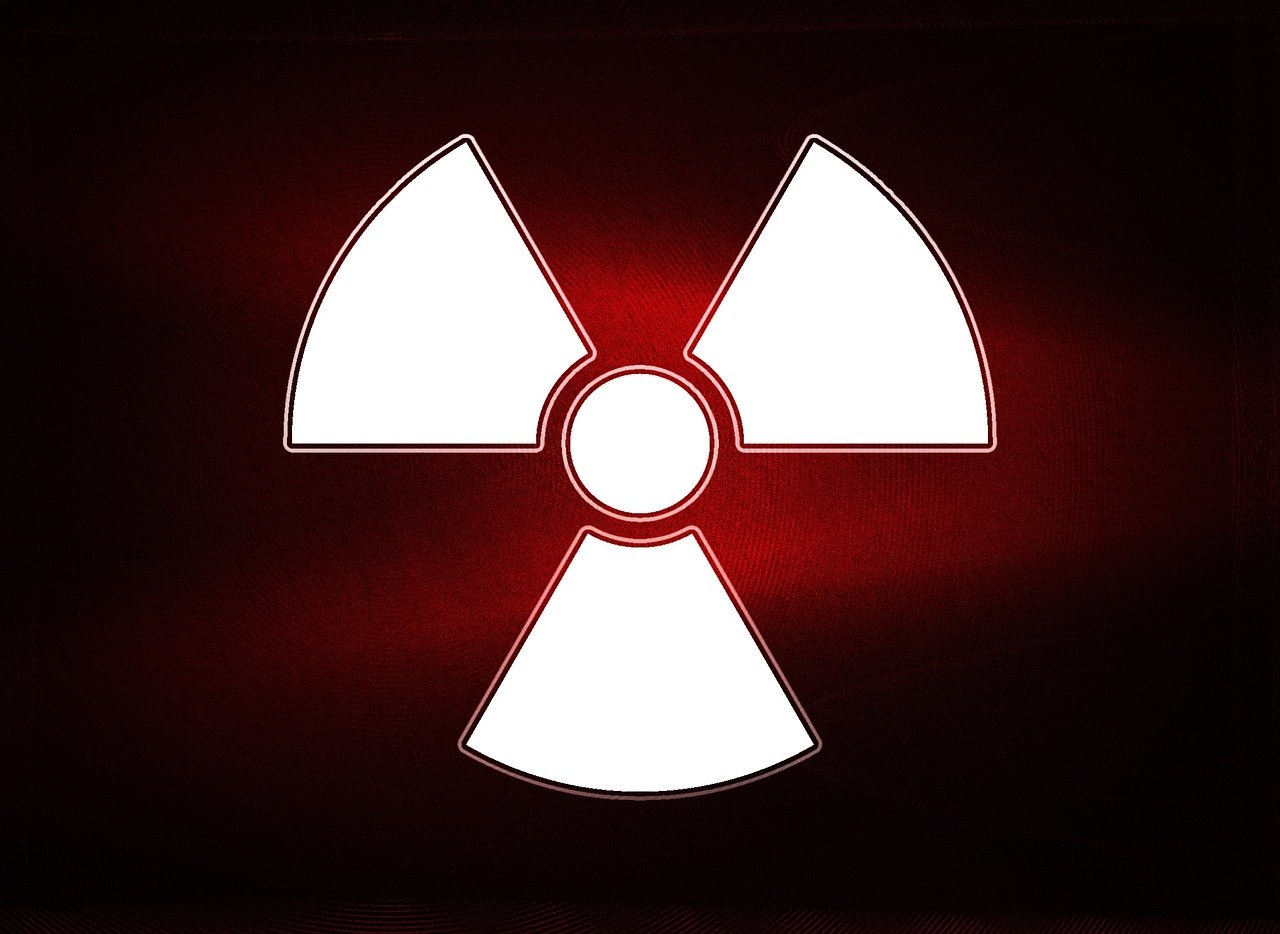
A mutation involves an alteration in the genes.
Mutation is a modification that occurs in the genetic data of a living organism. This alteration, which may be hereditary, implies a modification of its characteristics.
Although the dictionary of the Royal Spanish Academy (RAE) recognizes several uses of the term, the most frequent use is the one mentioned, which is linked to biology and genetics . According to the specialist Hugo de Vries , a mutation consists of a change in the hereditary material ( DNA ) that cannot be justified through segregation or recombination.
What mutates is the gene , a unit that houses the data that is inherited and found in the DNA . From a mutation, the living being (including human beings ) can develop different diseases or manifest changes in its body. That is to say, the mutation occurs because when DNA is replicated, something happens that causes its nucleotides (elements from which it is formed) to vary; This variation can appear in any area of the DNA. If the mutation occurs when the gametes join, in future generations this mutation will appear as a permanent characteristic of the offspring.
Types of mutation
We must recognize a double condition of mutations that is paradoxical. Just as mutations are harmful (they make those who suffer from them sick), they are also necessary in the future since they allow evolution and, in this way, guarantee the survival of the various species.
Given this explanation, we can talk about various types of mutations. Lethal mutations are those that lead the individual to death before reaching reproductive maturity, while deleterious mutations reduce the ability to reproduce and subsist.
According to what is known so far, the mutations are recessive , meaning that their negative effects do not manifest themselves unless two mutant genes coincide, giving rise to what is called a homozygous situation . This occurs, for example, in consanguineous procreation or that occurs between two individuals who are very genetically related, to the point of both having inherited the exact mutant gene. This explains why those children whose parents are cousins or have some degree of closeness are more likely to suffer from hereditary diseases.

Radioactivity can cause mutations.
Genetic changes
When a change occurs in the structure of DNA, it is called gene mutations . In scientific terms it is said that a change is made in the nitrogenous base of the structure that completely modifies the protein; Generally this change is harmful to the organism, but on rare occasions when this mutation occurs, the synthesis of a new protein is achieved, which can be of vital importance in the evolution of the species in question.
This is because those individuals who carry the mutant gene have the ability to adapt to certain changes in the environment, something that does not happen with the rest of their peers who lack said gene; Subsequently, thanks to natural selection , the original gene is replaced by the mutant and transmitted to future generations of that species.
Morphological, biochemical and other mutations
Morphological mutation , for its part, alters the shape or color of the organs. There are mutations classified according to how they modify functions, and we can speak of loss mutations or gain-of-function mutations .
Other mutations are biochemical (they modify some function of the organism's biochemistry) and conditional (they only appear under certain particular environmental conditions).
In addition, there are other types of mutations such as chromosomal mutations (when a duplication occurs or a chromosome divides and then joins with a different one, causing a change in the structure of the DNA and producing a chromosomal rearrangement, which occurs, for example, in cases of crossing over. ) and disjunction errors (present in those individuals that have more or fewer chromosomes than those of their species, usually produced by an abnormal separation during meiosis ).
It should be noted that genetic mutations can be the product of the union of individuals with an inadvisable genetic distance (direct relatives), or also due to external effects, such as the presence of radiation in the air, or exposure to X-rays , at high temperatures. or to certain chemical elements. In humans, they can cause birth defects, cancers, and degenerative diseases .
